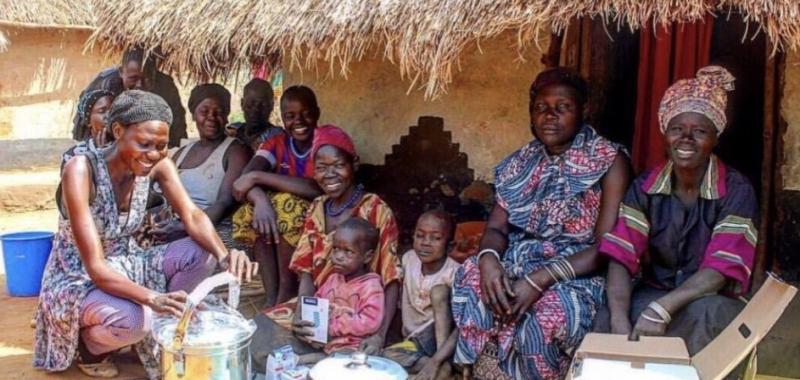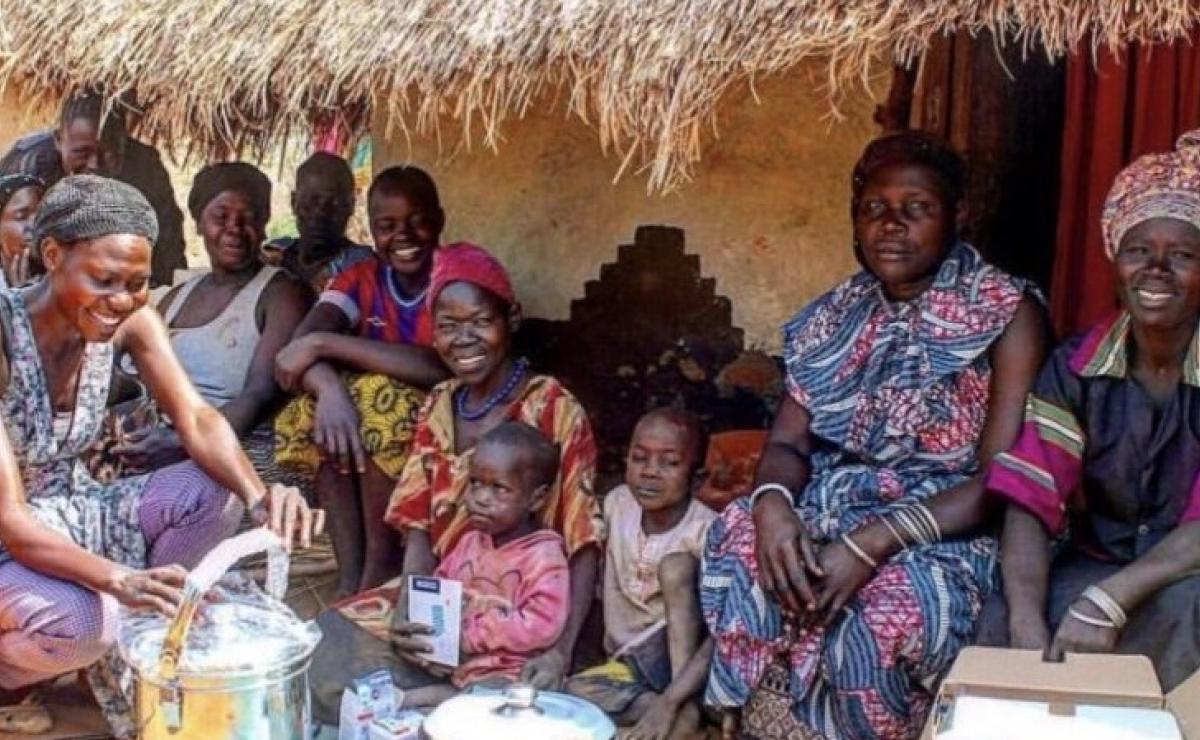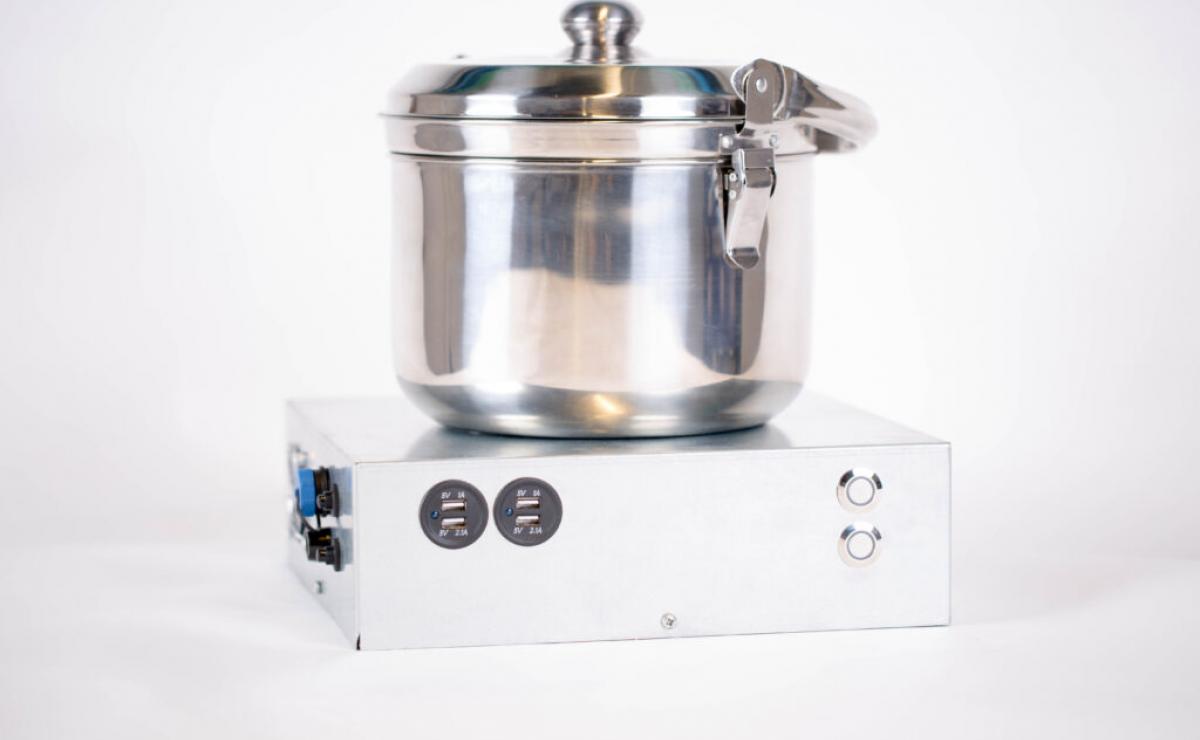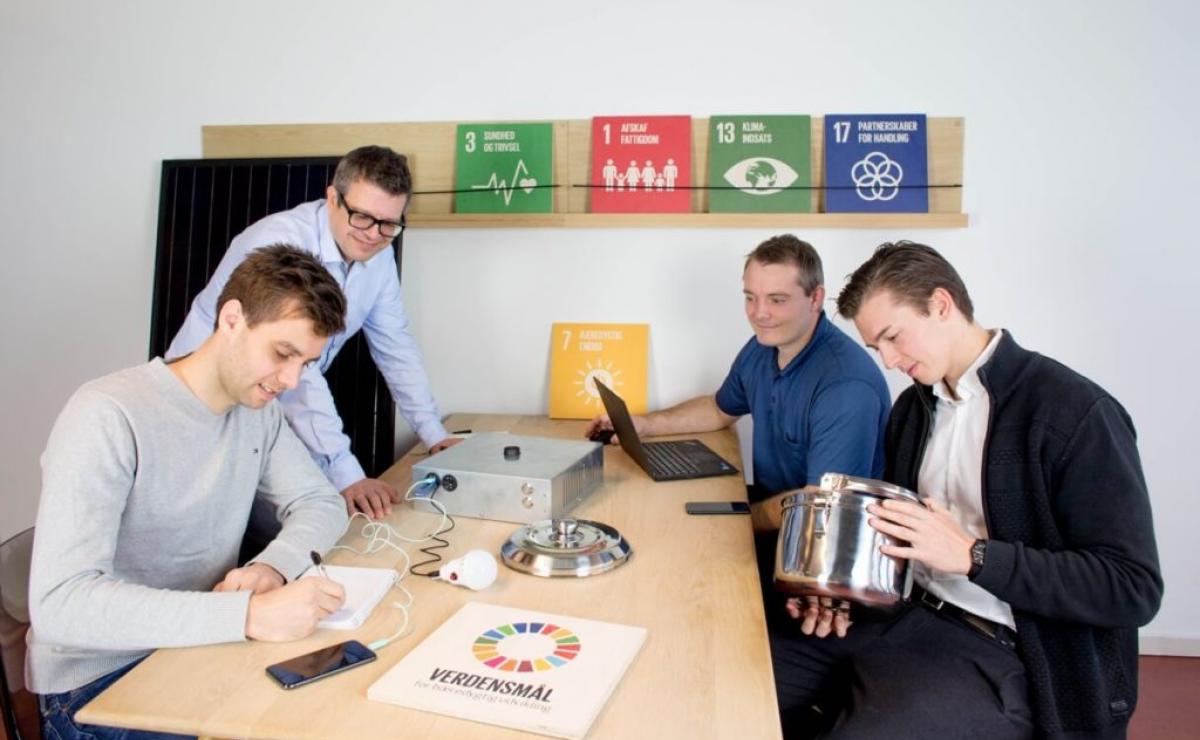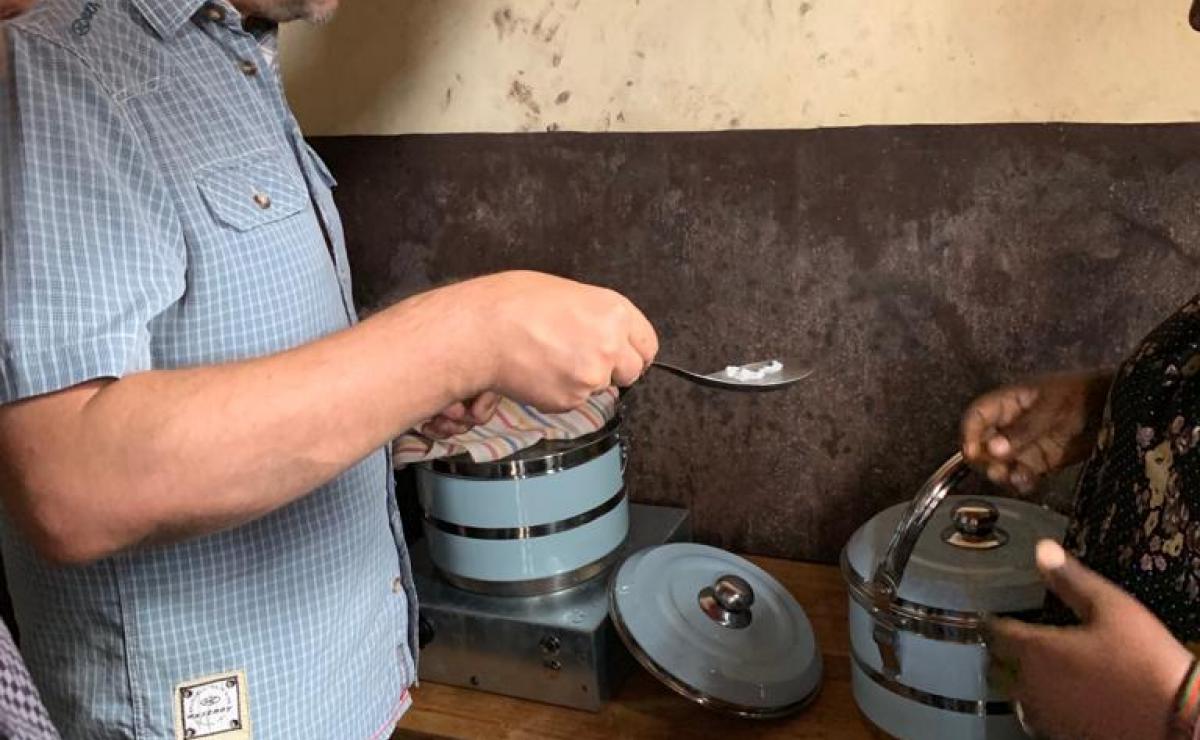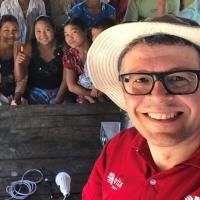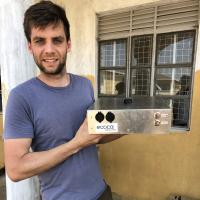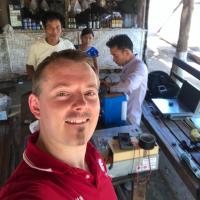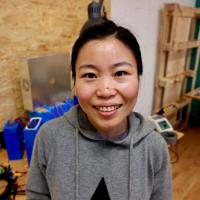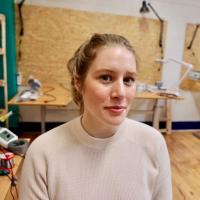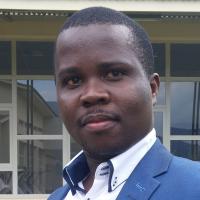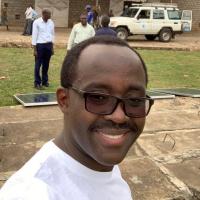It is estimated that two billion people depend on wood fuel as their energy source for cooking. This contributes to deforestation, particularly where internal displacement or refugee movements increase the pressure on shared natural resources, and to meet the urban demand for charcoal. While in many places cooking with charcoal and other biomass is seen as a necessary evil, inefficient combustion in closed quarters can cause respiratory diseases, leading to millions of deaths globally every year.




